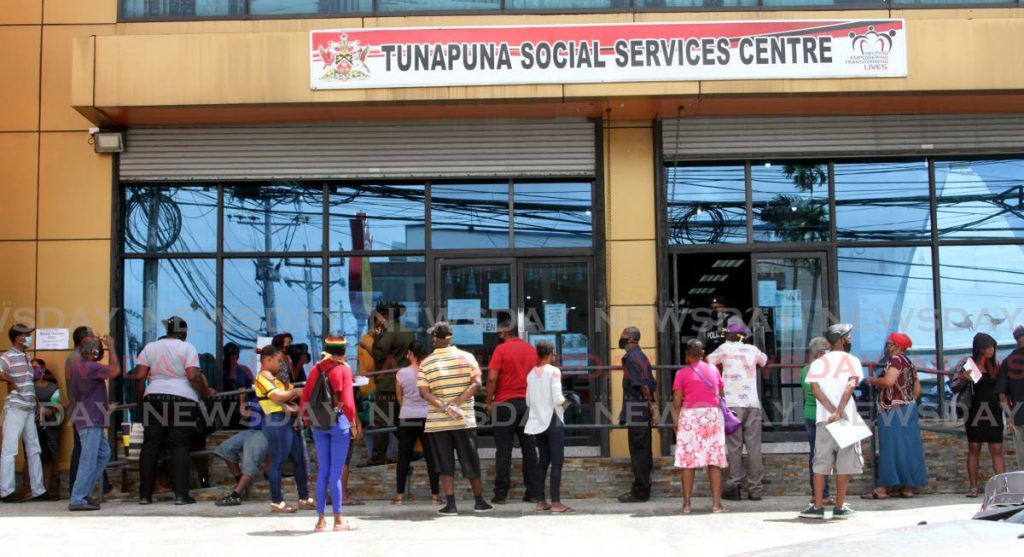ACCA campaigns for gender equality in economic recovery from covid19

ACCA chief executive, Helen Brand
This year, International Women’s Day felt different from previous celebrations. The last time we marked the occasion, who could have predicted that every country worldwide would have been exposed to a pandemic that has caused immeasurable human tragedy and loss; and has forced governments to impose constant national lockdowns, pushing the global economy into recession?
But it’s not just about the obvious economic and health impacts of covid19, it’s also the already-prevalent inequalities that have been exposed and exacerbated by it. According to the UN, 47 million more women will be forced into extreme poverty because of the pandemic. And recent research published by McKinsey found while women make up 39 per cent of the global workforce, a disproportionate majority (54 per cent) had loss their jobs due to the covid19 virus.
So while it’s important to celebrate women and their achievements at this time of year, we must also speak up and challenge the inequalities half of the population is continuously facing – and not just in the world of business. That’s why this year, ACCA is urging more governments to adopt the use of gender responsive budgeting (GRB) to ensure women and men alike benefit equally from the economic recovery out of covid19.
What is GRB?
According to the UN, "gender-responsive budgeting is the process of assessing the implications for women and men of any planned action, including legislation, policies and programmes, in all areas and at all levels. The objective is to ensure that women and men benefit equally and that inequality is not perpetuated."
The UN also found that, while 164 countries have GRB in some form, just 25 – including India, New Zealand and Trinidad and Tobago – have demonstrated an holistic approach by applying measures that span unpaid care, violence against women and women’s economic security.
In its latest report, Gender-responsive budgeting and the Covid-19 economic recovery, ACCA provides a toolkit on how accountants can place GRB into their everyday roles and duties.
In order for GRB to work, governments around the world must:
• collect and analyse sex-disaggregated data to identify where problems lie so policies can be targeted effectively
• ensure institutional capacity, including offering staff training and development, with management buy-in so that women have decision-making roles and have an equal seat at the table
• have an "all-government approach" with strong coordination between the Ministry of Finance and the relevant line ministries to ensure the process is carried out at each level; and
• engage with wider public institutions, such as supreme audit institutions and the legislature, to ensure the approach has been properly scrutinised and audited.
ACCA believes that public sector finance professionals have a vital role to support governments and policymakers by providing them with the necessary data and tools to implement GRB effectively. GRB can be applied in all sectors of the economy and society including transport, health, education, employment and the role of finance professionals in the public sector is crucial at every stage of the cycle – from initial analysis and budget design to the invaluable role of auditing in the final stage. The accountancy profession can play a key role in ensuring policymakers commit to gender equality and use GRB as a tool of effective implementation.
Marginalised groups
While the pandemic has disproportionately harmed women, those in marginalised communities have greatly been affected too.
In the UK, research from the Fawcett Society et al recently found 42.9 per cent of BAME (black, Asian and minority ethnic) women said they would struggle to make ends meet over three months in the middle of 2020. Also work-related anxiety for those working outside the home was highest among BAME people, with 65.1 per cent BAME women reporting anxiety as a result of having to go out to work during the coronavirus pandemic.
Globally, minority women make up a higher percentage of employees in the informal sector; these jobs are highly vulnerable to disruption and often do not provide health care or paid leave (OHCHR 2020). Also, women with disabilities in low-to-middle income countries are more likely to be unemployed or work in the informal sector and live in poverty, with the pandemic likely to exacerbate these inequalities and push them further into hardship (Meaney-Davis 2020).
The global theme for International Women’s Day in 2021 was #ChooseToChallenge and while we continue to champion women’s rights, we must also stand together challenge all biases and stereotypes faced globally by marginalised groups on a daily basis. And so while we celebrate all we’ve accomplished, we need to remember that the work towards genuine equality – something ACCA has championed since its creation – is still urgently needed.
To hear how ACCA celebrated International Women’s Day, please tune into our global event on our website.
Helen Brand, OBE is chief executive of ACCA, the global body for professional accountants, a post she has held since 2008. Brand has built her career within professional bodies and has considerable experience and knowledge of the 176 markets in which ACCA currently operates. She is a founding member of the International Integrated Reporting Council (IIRC) and now serves as a co-vice-chair of the IIRC Board. A member of the UK’s government’s Professional and Business Service Council, she was also appointed to the UK DIT’s Trade Advisory Group on Professional Advisory Services in August 2020.


Comments
"ACCA campaigns for gender equality in economic recovery from covid19"